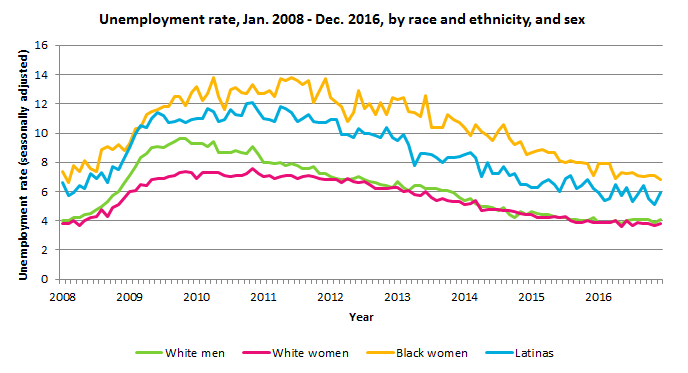Trump’s Solicitor General Abandons Workers’ Rights in Favor of Corporations

 Yet again, the Trump Administration has decided to support the interests of employers and corporations over the rights of working people. The Office of the Solicitor General, which represents the federal government in Supreme Court cases, just switched sides in an important case pending before the Supreme Court. The move is highly unusual, since the Solicitor General hasn’t switched sides on a case already pending before the Court since the Reagan Administration.
Yet again, the Trump Administration has decided to support the interests of employers and corporations over the rights of working people. The Office of the Solicitor General, which represents the federal government in Supreme Court cases, just switched sides in an important case pending before the Supreme Court. The move is highly unusual, since the Solicitor General hasn’t switched sides on a case already pending before the Court since the Reagan Administration.
In National Labor Relations Board v. Murphy Oil USA, the Supreme Court will determine whether employers can use mandatory arbitration agreements to force their employees to give up the right to participate in group or class action lawsuits. By slipping this provision into an employment contract, an employer can prevent employees from coming together to address issues they face as a group at work. Instead, employees would have to engage in arbitration on an individual basis in order to challenge working conditions and enforce their rights. NWLC signed on to an amicus brief submitted by the NAACP Legal Defense Fund in support of the rights of workers.
The National Labor Relations Board (NLRB) has held that such a restriction on collective or class action lawsuits violates the National Labor Relations Act. Under the National Labor Relations Act, employees have the right to engage in “concerted activities” in pursuit of their “mutual aid or protection.” The NLRB concluded that joining together in a class-action lawsuit to challenge workplace conditions or practices that violate the law is just such a concerted activity. Under the Obama Administration, the Office of the Solicitor General supported the NLRB, but now the NLRB will have to represent itself. In a highly unusual move, the Solicitor General switched sides and filed a “friend of the court” brief supporting the employers. Solicitor General Jeffrey Wall stated that the decision was made due to “the change in administration.”
If the Supreme Court ruled in favor of Murphy Oil in this case, it would be a serious setback to the ability of working people — and especially women — to enforce their workplace rights. The Trump Administration has already rolled back regulations that prohibit companies from forcing employees to arbitrate sexual harassment and other discrimination claims. As it is, 70 to 90 percent of victims don’t report workplace sexual harassment, and the forced arbitration provisions allowed by the Administration will make victims even more unlikely to report, by allowing employers to shroud harassment allegations in secrecy, and making it less likely that victims will be able to come together to challenge harassment. Now, the Administration is supporting employers who want to further limit how their employees can enforce their workplace rights.
The right to participate in collective action like class actions is particularly important for the advancement of women’s rights. Women have used collective action to fight company-wide discrimination in pay and promotions and to combat rampant sexual harassment in the workforce. Collective action is a better vehicle for advancing women’s rights in the workforce than forcing women to undertake individual legal action. For a woman who fears bringing a lawsuit against her boss, group actions reduce the likelihood of retaliation. Group actions also promote more efficient and consistent results, allowing all women in the company to benefit from the results of litigation. This is especially important because individuals may struggle to afford their own litigation. Cost can become a barrier to many women wishing to rectify a discriminatory employment situation, whereas groups can pool resources that individuals may not have access to. Moreover, the potential threat of group action is a greater deterrent to employment discrimination occurring in the first place than the threat of individual actions.
The Supreme Court’s decision in NLRB v. Murphy Oil USA will have long-term consequences for the progress of women’s rights in the workforce. The Solicitor General ‘s action just made it clear that the Trump Administration is standing against working women.




